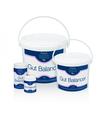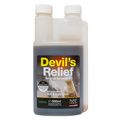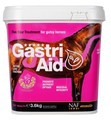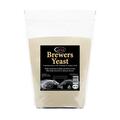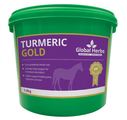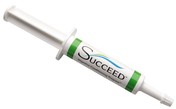The word ‘colic’ brings feelings of dread to most horse owners, being one of the most prevalent and potentially deadly clinical complaints out there. More horses die of colic-related illness than just about any other, which goes to show how common it really is.
But could you notice the signs if colic suddenly struck? Although the term encompasses a number of gut conditions with causes ranging from food impaction and gas, to displacement of the intestine and torsion, the symptoms are all fairly similar.
Things to look out for:
- ‘Flank watching’ – when your horse continually turns to look at its abdomen.
- Scraping or pawing at the ground with the hooves.
- Restless movement.
- Kicking or biting the abdomen.
- Unusual postures such as stretching as if to urinate or sitting down like a dog.
- Excessive sweating.
- Elevated pulse.
- Rolling.
- Unwillingness or inability to stand.
- Red colouration of the eyes and gums.
If you notice any of these signs or your horse just doesn’t ‘seem right', get your vet to come and have a look as soon as you possibly can. Don’t wait until seemingly mild symptoms have progressed to something more severe.
Depending on what’s causing the symptoms, your vet will be able to suggest a suitable treatment plan.
Preventing colic:
Although most cases of colic are treatable, they will usually not clear up on their own, so a professional evaluation is always needed.
To avoid colic and future re-occurrences of colic, try to ensure the following:
- That feeding times are consistent and any changes to the normal routine are made gradually.
- That fresh water is always available but restricted immediately after exercise, as too much at once can swell the stomach.
- Be consistent and targeted with your worming.
- Only feed hay and grain that is fresh. Mouldy or slightly spoiled food can cause digestive problems.
You can also purchase digestive supplements aimed at supporting the gut and restoring the level of good bacteria found there. Some of these can be given daily, while others are administered just before a stressful event such as showing and travel.
When it comes to colic, the most important thing you can do is seek help as your horse’s condition can deteriorate quickly. Refrain from administering any medication before your vet arrives, remove food and water from the yard or stable, and, if safe to do so, gently walk your horse around the paddock.
If you’ve had any experience dealing with colic, comment below and share it with our other readers.
Written by: Hannah

